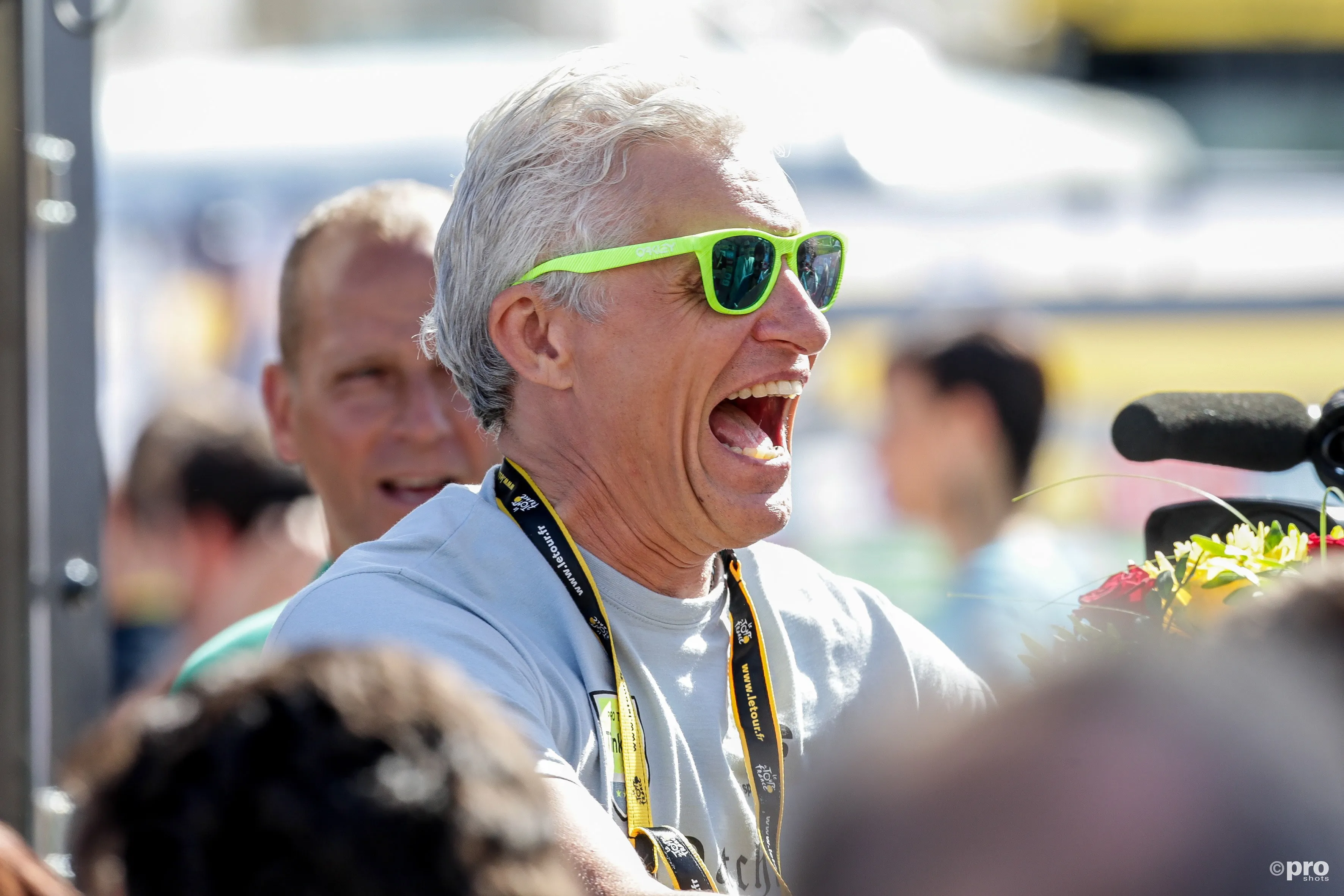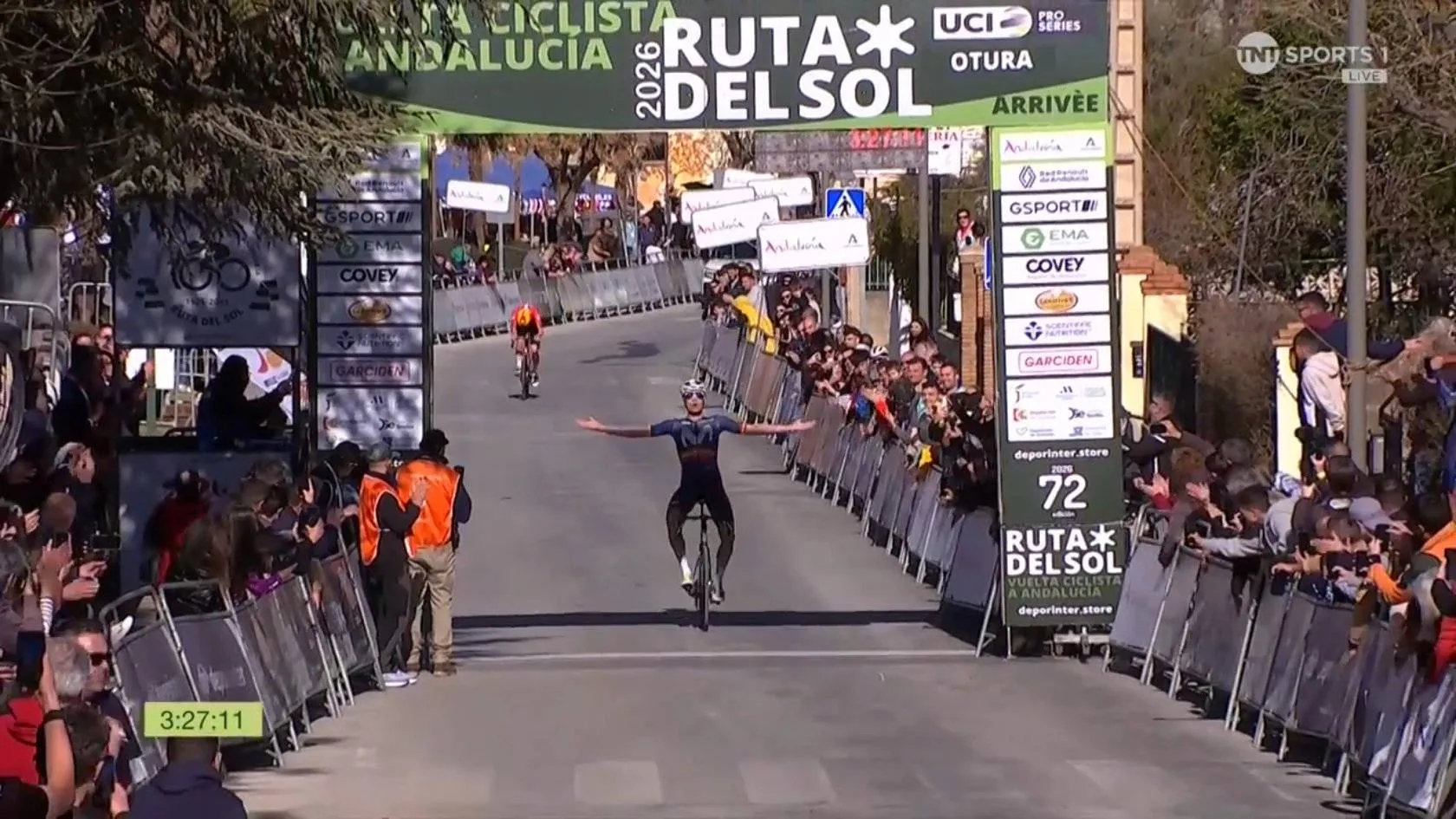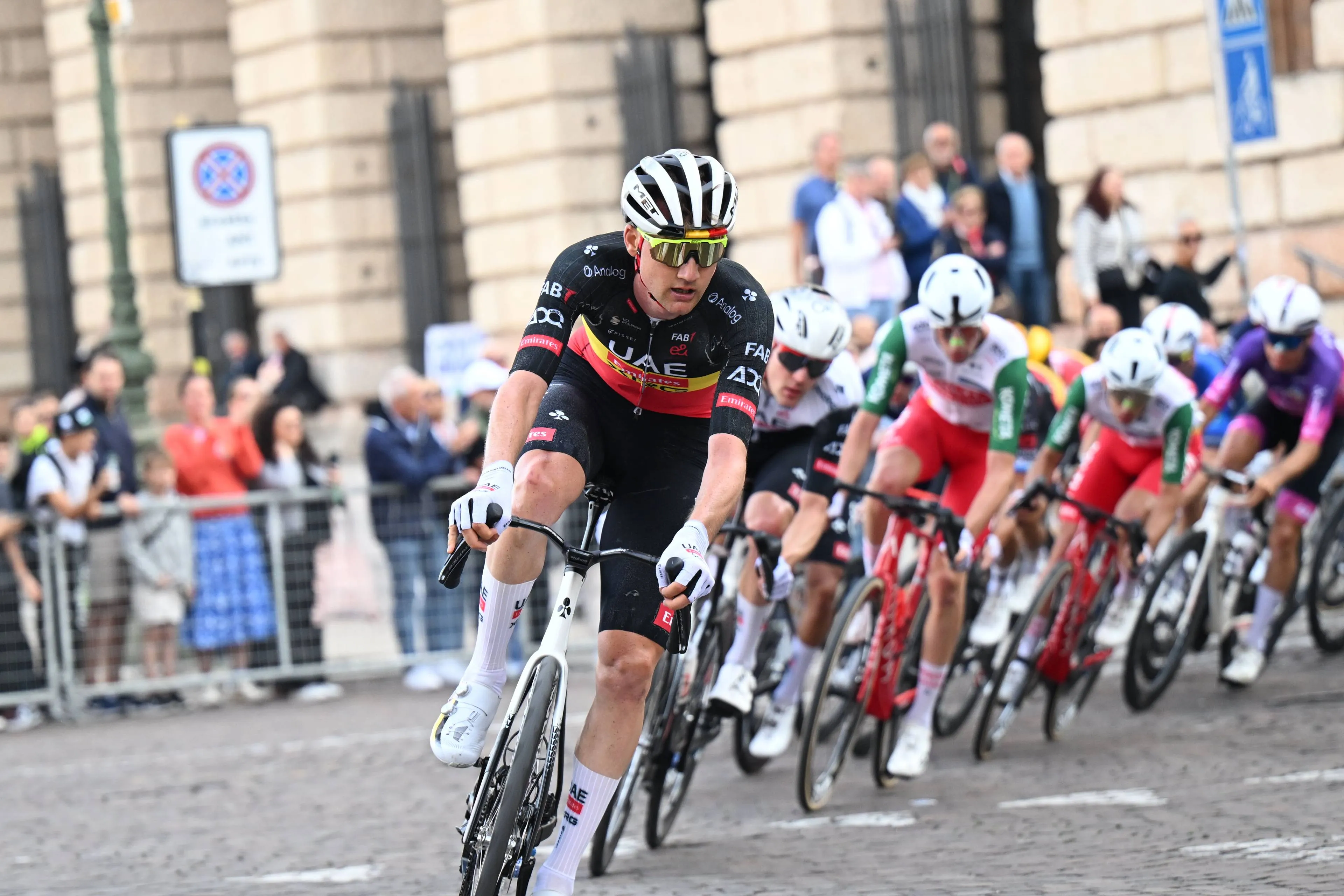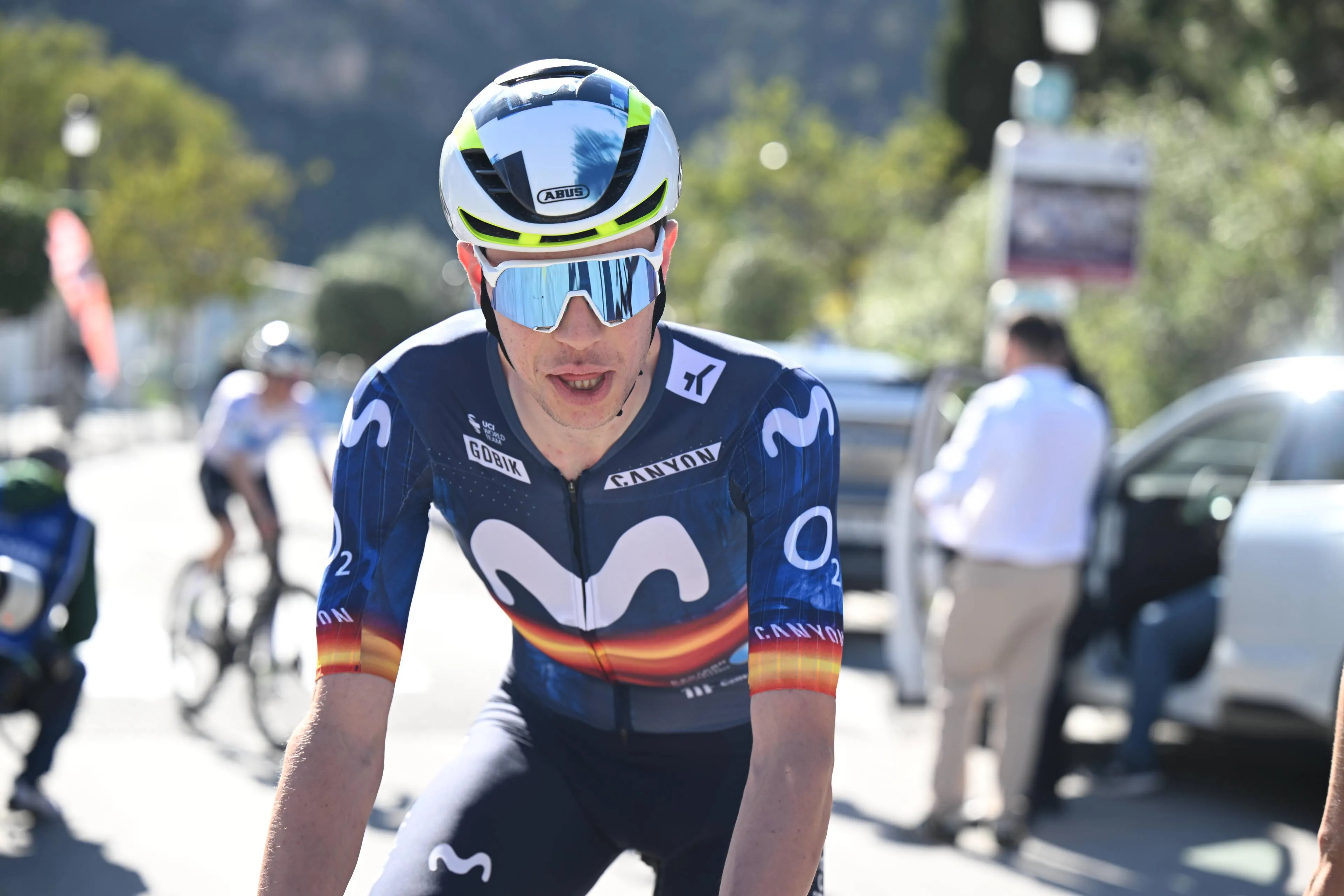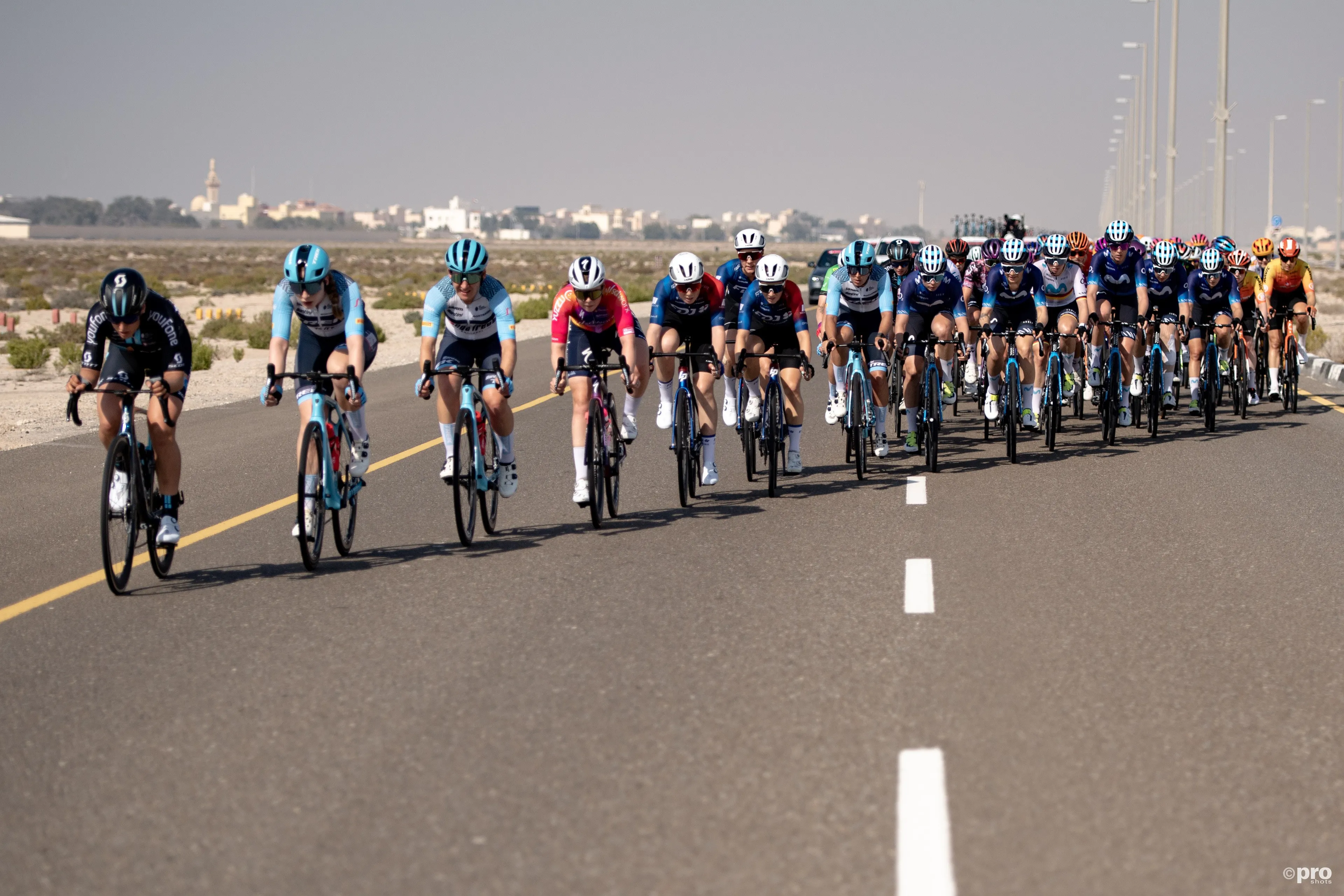Samuel Sanchez on his doping accusation - "The system is wrong, if you have a lot of money, you can defend yourself. Or nothing"
CyclingWednesday, 02 November 2022 at 00:00
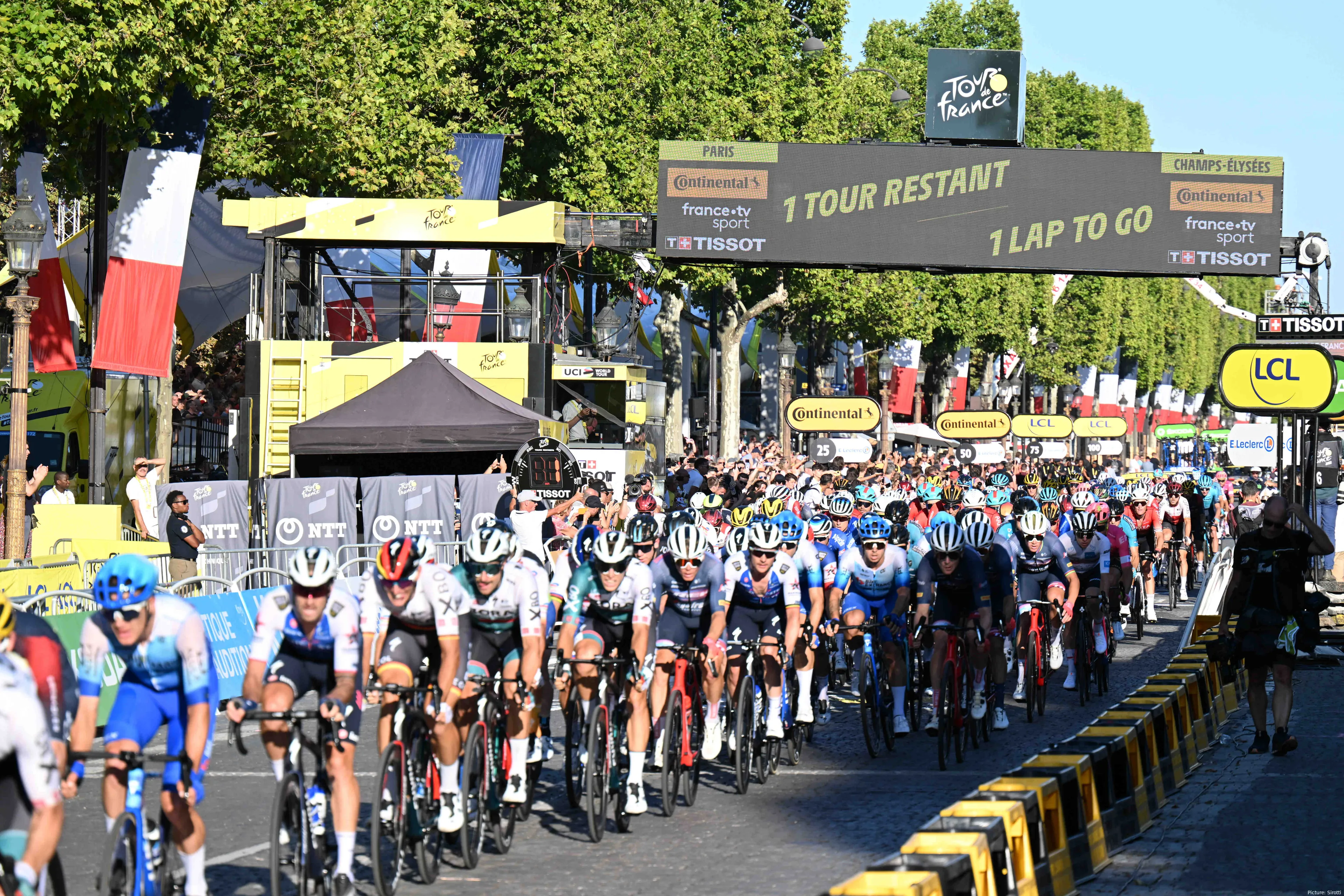
In the Escapa podcast, Samuel Sanchez discussed the unfair ban that forced him to retire. In the end, the Spaniard proved his innocence after a long fight.
In 2017, during Vuelta a Espana he tested positive for GHRP-2. "It took a long time and a lot of tests, but after two years, I was able to prove the truth. They recognized that it was food contamination, but the minimum suspension was two years by regulation, although it had been proven that I had tested positive without doping. In fact, they did not even sanction me with a financial fine. I have a clear conscience," said Sanchez
Nevertheless, after the disqualification, the Spaniard had already decided to hang up his bicycle. "The system is wrong: if you have a lot of money, you can defend yourself. Or nothing. From the first moment, the lawyers told me that the defense would cost me a lot, but I was convinced that I had done nothing wrong. From an emotional point of view, proving that it wasn't my fault, that I hadn't taken drugs, would have given me peace of mind," explained Sanchez.
Read also
He also advised UCI to update its regulations and always keep a margin of error. "In the case of some substances, you have to quantify the threshold that can lead to disqualification. Because below that value, they are not producing performance improvements," he said.
While food contamination ended his career, he doesn't want others to go through the same tiresome and lengthy process and questions UCI's response to the situation."The rules on food contamination need to be updated if you think about what happened to me, Contador, Michael Rogers and many other athletes. These things lead you to face so many bad situations. I had to retire when I didn't want to. If it had happened to me when I was 30, maybe I would have gone back to racing and it would have seemed forgotten. It wasn't like that and for me it was the end of my career," concluded Sanchez.
claps 0visitors 0
Just in
Popular news
Latest comments
- Minor flaws.... thats like suggesting Genghis Khan was a bit aggressive with other countriesslappers6619-02-2026
- Then you carry on if that's what makes you happyslappers6619-02-2026
- Fabio cannot catch a break.mij19-02-2026
- OK, today is the "air conditioner"... yesterday was a cramp... on saturday a bee will sting him in his tongue... his tongue will swell up and mustafa gets no oxygen. Because of his swollen tongue, Remco won't be able to give us a new excuse. Remco and the spanish rat Ayuso should be on the same team. They both have a ton of excuses and both of them are liars. Ad acta.Mou-Cro-HR19-02-2026
- Florian Lipowitz is secretly happy
 Rafionain-Glas19-02-2026
Rafionain-Glas19-02-2026 - The crucial thing to remember is that Remco was broken by the pace of Gall and Tiberi, not Del Toro's. Remco's excessive antics are because he doesn't want anyone to think that he's 'genuinely' struggling. You can always say 'he got cramps' because 'his preparation didn't go to plan', but the thing is that there is a limit to the number of excuses and exceptions that there can be. Eventually everyone just accepts that he's reached his ceiling on the climbs.
 Rafionain-Glas19-02-2026
Rafionain-Glas19-02-2026 - Bahraini suspicious..Santiago19-02-2026
- The problem is, a British 'boss' opening the gates, when the native workers not wanting them!
 leedorney19-02-2026
leedorney19-02-2026 - Who is overrating him on climbs? Everyone knows since ages it’s his weakness and needed years of work. Question us if he can do enough about it. For sure he won’t be able to improve his TT enough to compensate.Mistermaumau19-02-2026
- What do you call only seeing someone’s positives?Mistermaumau19-02-2026
Loading
1 Comments
